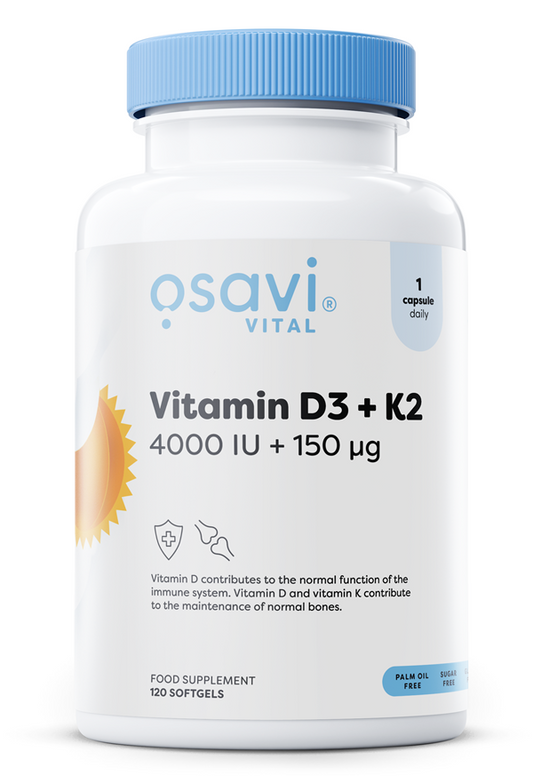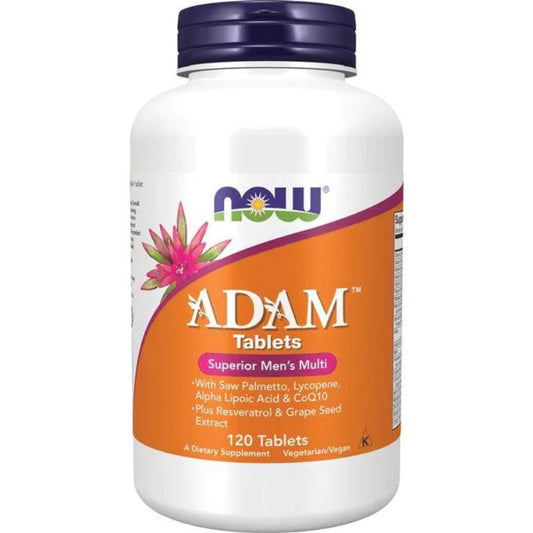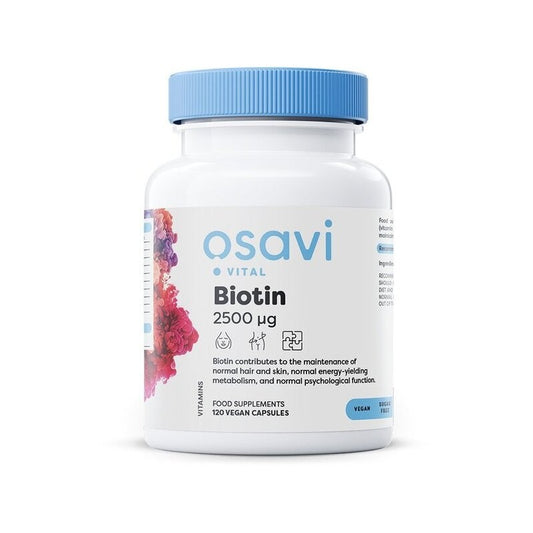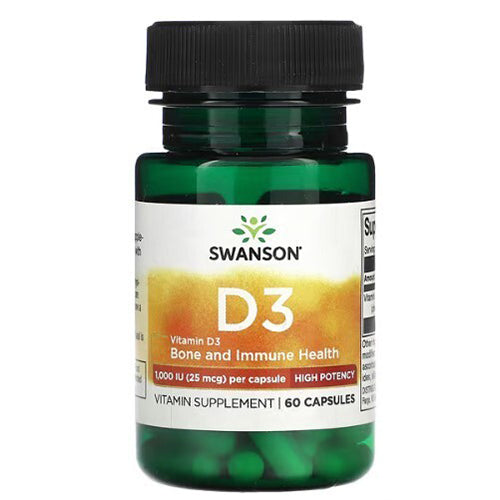
Hair Loss: Supporting Healthy Hair Through Nutrition, Lifestyle, and Supplements
Jakub SkibaHair loss (alopecia) is a common concern for both men and women and can significantly affect self-confidence and overall well-being. While genetics, medical conditions, or hormonal changes can play a role, lifestyle factors, diet, and key nutrients have a major influence on hair health and follicle function. Hair follicles rely on a consistent supply of vitamins, minerals, and proteins to grow strong, resilient strands. Poor nutrition, chronic stress, inadequate sleep, or exposure to environmental toxins can disrupt the natural hair growth cycle, resulting in thinning, breakage, or shedding.
Supporting hair health naturally involves understanding the underlying causes, ensuring your body has the necessary building blocks, and adopting habits that protect hair from damage. From nutrient-dense foods that supply essential vitamins and minerals to lifestyle choices like stress management, regular exercise, and gentle hair care, there are multiple ways to strengthen hair from the inside out. Even for those experiencing temporary shedding due to stress or hormonal shifts, lifestyle and nutrition interventions can create the ideal environment for healthy regrowth. This article explores the most evidence-based strategies to maintain strong, healthy hair while addressing common nutritional gaps.
Understanding Types and Causes of Hair Loss
Hair loss isn’t uniform. Identifying the type helps guide supportive strategies:
-
Androgenetic Alopecia (Pattern Hair Loss): Often hereditary, affecting scalp density over time.
-
Telogen Effluvium (Stress Shedding): Triggered by stress, illness, or sudden lifestyle changes; often temporary.
-
Alopecia Areata (Autoimmune Hair Loss): Hair falls in patches; may require professional guidance.
Other contributing factors include nutrient deficiencies, hormonal imbalances, environmental toxins, and chronic illness.
Nutrients and Vitamins for Healthy Hair
Proper nutrition is foundational to hair follicle health:
Vitamin D
Supports hair follicle cycling and scalp health. Low vitamin D is linked to shedding disorders, particularly autoimmune-related hair loss. Sources: sunlight, fortified dairy, salmon.
Iron (Ferritin) & Vitamin C
Iron is essential for oxygen delivery to follicles. Ferritin levels should be optimal to support growth. Vitamin C enhances iron absorption and provides antioxidant support. Sources: leafy greens, red meat, citrus, bell peppers.
Zinc
Zinc is crucial for protein synthesis and follicle function. Deficiency can cause thinning, while excess may disrupt copper balance. Sources: pumpkin seeds, oysters, beans.
Biotin & B Vitamins
Biotin deficiency is rare but can impair hair structure. Other B vitamins like B12 and folate support red blood cell formation, improving nutrient delivery to hair follicles. Sources: eggs, legumes, leafy greens.
Vitamin E, Vitamin A & Selenium
Antioxidants protect follicles from oxidative stress. Use caution—over-supplementation can cause hair loss. Sources: nuts, seeds, colorful vegetables.
Emerging Nutrients
-
Collagen Peptides: May improve hair strength and elasticity.
-
Omega-3 Fatty Acids: Support scalp circulation and reduce inflammation.
-
Saw Palmetto & Pumpkin Seed Oil: May reduce DHT-related thinning.
Lifestyle Strategies for Hair Growth
Supporting hair isn’t just about supplements:
-
Stress Management: Chronic stress shortens the hair growth phase. Practices like meditation, yoga, and deep breathing help.
-
Sleep: Adequate sleep promotes cellular repair and healthy follicle function.
-
Hydration: Proper water intake ensures scalp circulation and follicle nourishment.
-
Gentle Hair Care: Avoid harsh chemicals, excessive heat, or tight hairstyles that strain follicles.
-
Scalp Massage: Stimulates blood flow and nutrient delivery to follicles.
-
Regular Exercise: Improves overall circulation, indirectly supporting hair health.
Supporting the Natural Hair Growth Cycle
Hair grows in three phases: anagen (growth), catagen (transition), and telogen (resting/shedding). Extending the anagen phase is key for thicker, healthier hair. Optimizing nutrients, reducing stress, and practicing gentle hair care creates the best environment for strong regrowth.











1 comment
This article is packed with such helpful advice! I struggled with hair thinning for months and started following many of these suggestions, especially adding biotin, iron, and collagen to my routine and I’ve already noticed a difference. My hair feels stronger, healthier, and even looks fuller.
For anyone on the fence about supplements or natural approaches: don’t wait! Supporting your body from the inside really does make a difference. Highly recommend giving it a try!